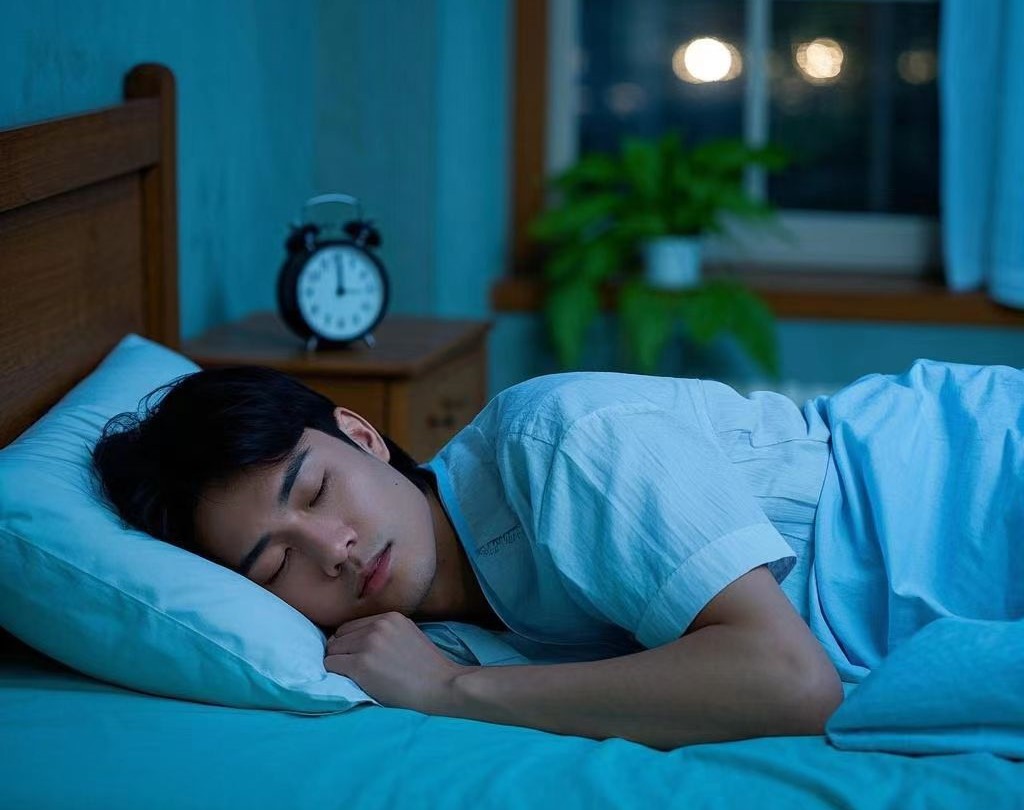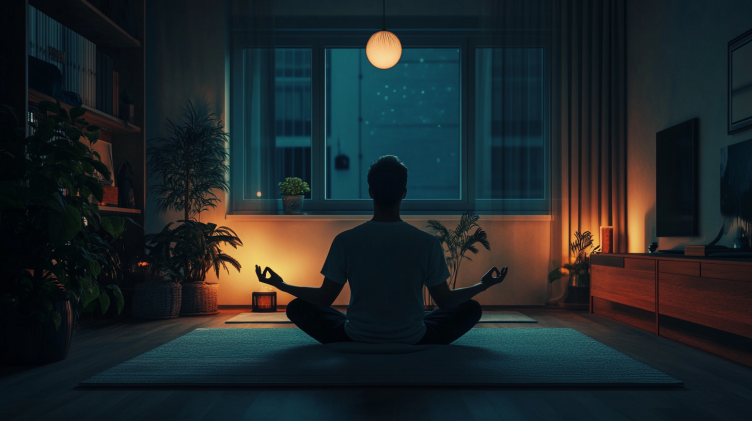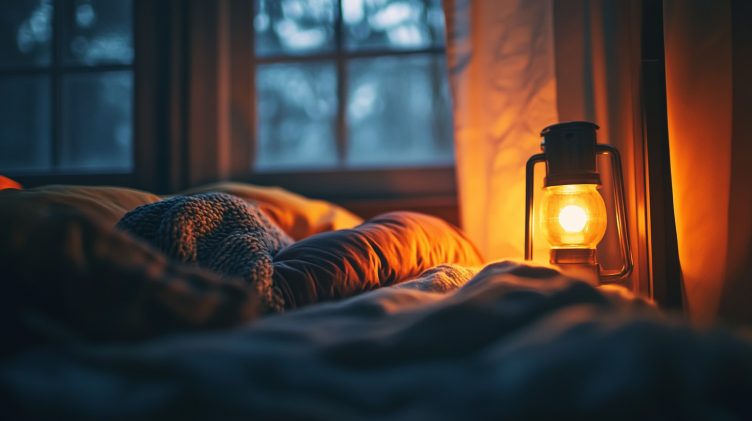We all know how important sleep is, but did you know that the timing of your sleep plays a critical role in how well-rested you feel the next day? It’s not just about the number of hours you sleep but also about the specific time you hit the pillow. Let’s dive into why going to bed earlier—specifically before 10 PM—can make a world of difference!
The Power of Going to Bed Before 10 PM
You’ve probably heard that 10 PM is considered the “golden time” for sleep, but what exactly makes it so special? Research and medical experts recommend getting to bed around 10 PM for a variety of reasons. From 10 PM to 2 AM, our bodies go through deep, restorative processes that are essential for optimal health.
During this period, our sleep cycle reaches its deepest stages, helping our body repair and rejuvenate. This time window also coincides with natural hormonal rhythms, including the production of melatonin, which aids in sleep onset and quality. As we hit 10 PM, melatonin levels rise, signaling to your body that it’s time to unwind.

In fact, studies suggest that this “golden window” from 10 PM to 2 AM is the most important time for your body’s physical restoration, improving brain function, and promoting overall health. If you’re hitting the pillow later than this, you’re missing out on crucial recovery time.
Why Doctors Recommend 10 PM Bedtime
Melatonin: The Sleep Hormone at Work
Our bodies produce melatonin, a hormone that regulates the sleep-wake cycle, in response to the onset of darkness. By 10 PM, melatonin levels naturally increase, helping us feel sleepy and preparing our body for rest. This peak in melatonin is essential for deep sleep, especially between 10 PM and 2 AM.

Not only does melatonin help with falling asleep, but it also contributes to the quality of your sleep. A good night’s sleep with high melatonin levels can help you wake up refreshed, feeling rejuvenated, and energized. However, staying up too late interferes with this natural process, which could lead to fragmented sleep and tiredness the following day.
What Studies Reveal About Bedtime Timing
A 2021 study published in the Journal of the American Medical Association analyzed over 136,000 people across 26 countries. The research found that people who went to bed after 10 PM had a higher risk of negative health effects, including obesity and poor metabolic health. The study also confirmed that people who sleep fewer than 5 hours a night are more prone to these risks, regardless of naps during the day.

Research screenshots
The findings highlight that getting to bed before 10 PM can significantly reduce these health risks and enhance your overall well-being. If you’re not getting to sleep before 10 PM, it might be time to reconsider your bedtime!
3 Tips to Improve Your Sleep Timing
1. Avoid Screens 90 Minutes Before Bed
The blue light emitted by screens can suppress melatonin production and make it harder to fall asleep. To ensure your body prepares for sleep properly, avoid electronic devices like phones, computers, or TVs for at least 90 minutes before bedtime. Instead, opt for relaxing activities, such as reading a book or listening to soothing music or a podcast.

2. Don’t Rush to Bed
You might feel the urge to rush to bed as soon as you finish your evening routine, but this might actually make falling asleep harder. It’s best to head to bed when you feel naturally sleepy, not before. Aim for a consistent sleep schedule and avoid fluctuating bedtimes, as irregular sleep patterns can confuse your circadian rhythm.

3. Adjust Your Bedtime Gradually
If you’re used to staying up late, changing your sleep schedule drastically may be difficult. Instead, start by shifting your bedtime earlier by 15–30 minutes each night. This gradual adjustment will help reset your circadian rhythm without overwhelming your body. After a few days, continue to move your bedtime earlier until you’ve successfully reached your ideal sleep window.

Additionally, getting plenty of sunlight during the day and engaging in regular physical activity can support this shift and improve your overall sleep quality.
In Conclusion: Prioritize Sleep Timing
The timing of your sleep is just as important as the amount you get. Establishing a routine where you go to bed before 10 PM can enhance the restorative benefits of sleep, support overall health, and help you feel more energized throughout the day. By following these simple tips and prioritizing proper sleep timing, you’ll wake up feeling refreshed and ready to take on the day!



















